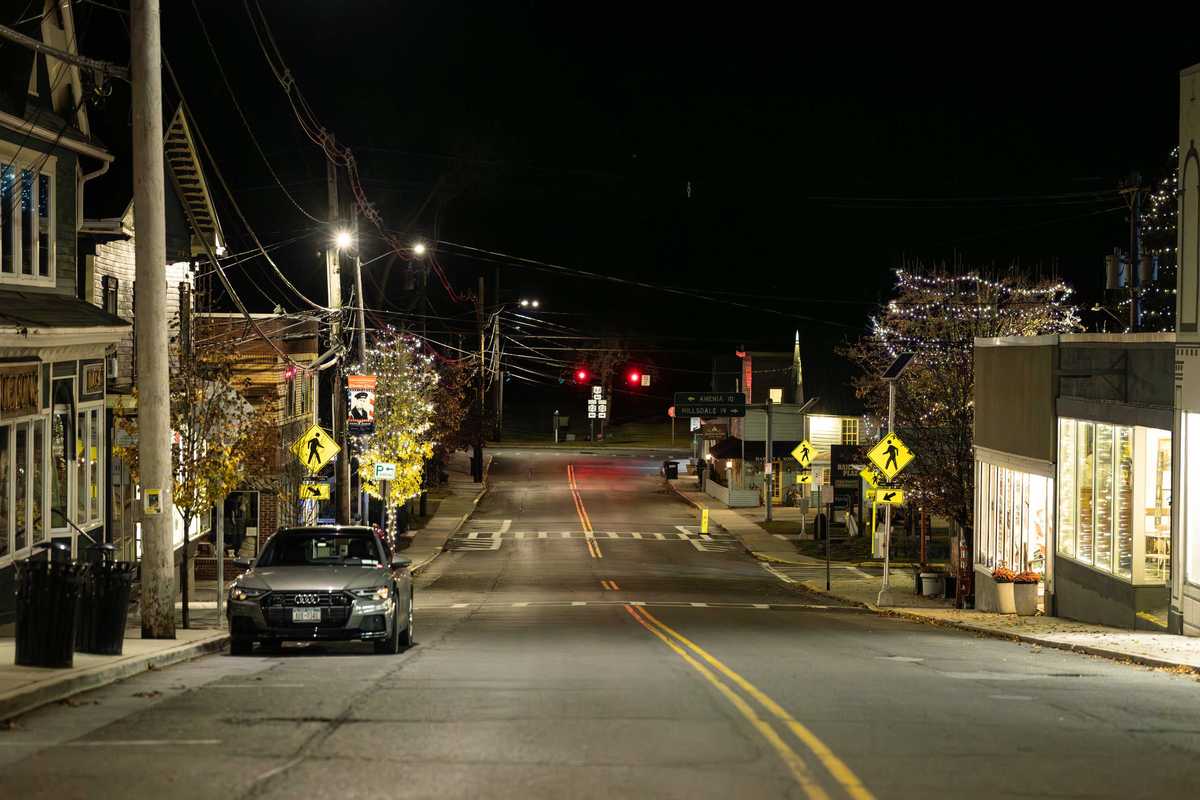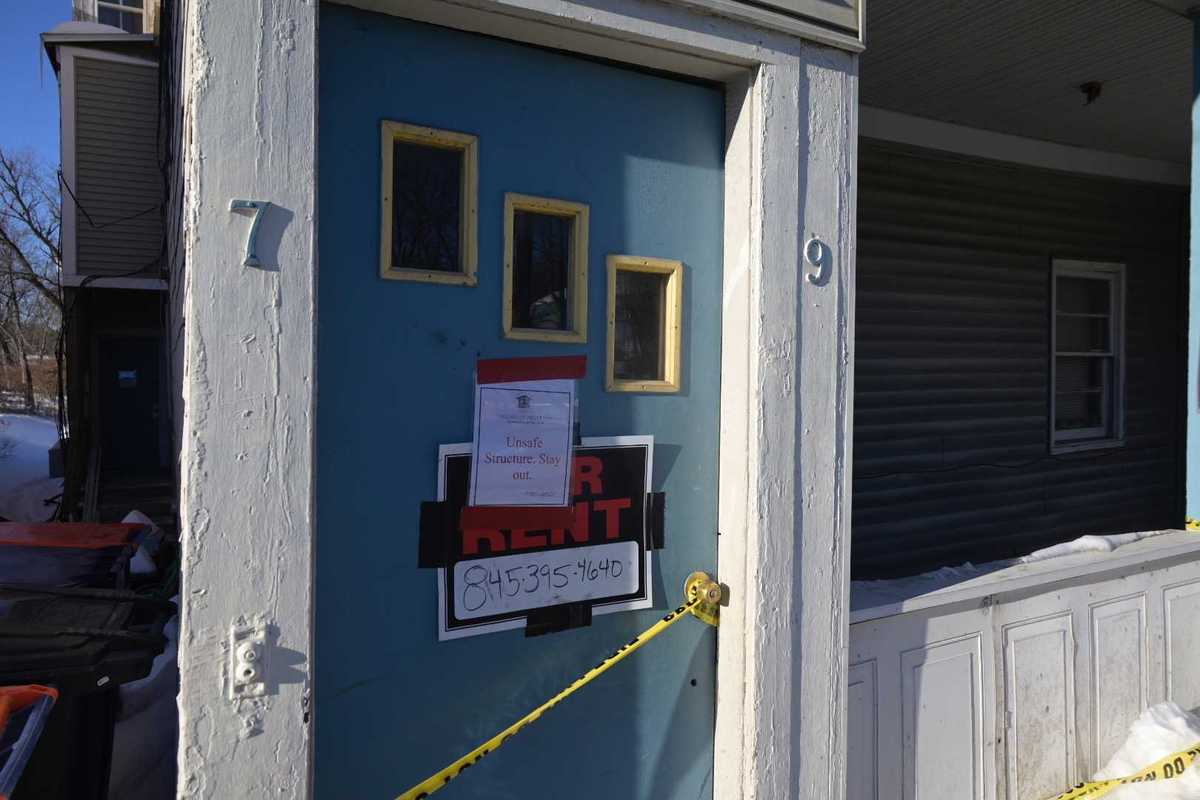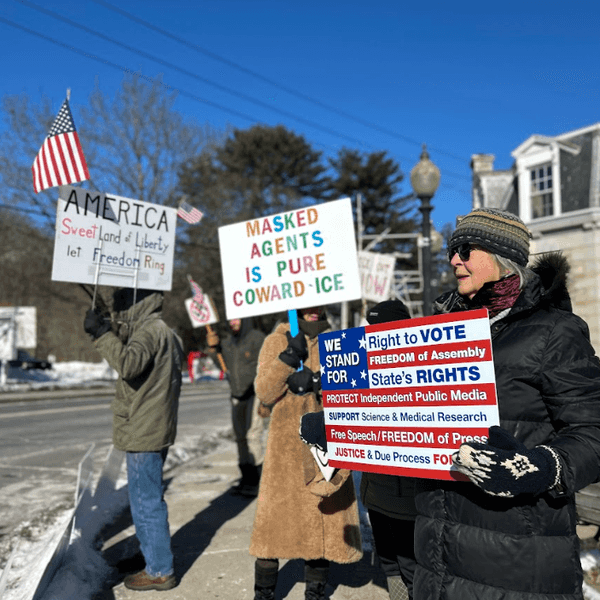No other democratic nation on earth has its highest court Justices appointed for life. In all other countries there are mandatory term limits and/or mandatory retirement age for high court Justices (like U.S. corporations where CEO’s retire at 65). The nation’s “marriage” to confirmed justices “‘til death us do part” is non- comprehensible to other nations, and resented by many Americans.
There is no national election for Supreme Court Justice, rather a Presidential appointment which requires Senate confirmation — no confirmation — no ascension — ask Bork. The Senate confirmation is a republic validation for a Justice — the process certainly isn’t democratic. California with a population of 40 million has two Senators — 1 per 20 million citizens. Eight states have populations of less than 1.1 million – 6 of these states have 1 of their 2 Senators representing abbut 250,000 citizens. Like the Electoral College, voters in all 50 states are not equally represented. Half of U.S. states, 25 states, have less than 5 million citizens — one eighth the number of voters living in California, one quarter the voters living in New York, one third the number living in Pennsylvania.
Up to 1991, when Clarence Thomas was confirmed by a Senate vote of 52-48, appointed Justices received over 90 confirmation votes: O’Connor in 1986 was a 99-0 confirmation (followed by Alito 58-42), Ginsburg 96-3 (Barrett 52-48), Scalia 98-0 (Gorsuch 54-45), Stevens 98-0 (Kagan 68-37), Kennedy 97-0 (Kavanaugh 50-48). Many Justices privileged by “‘til death do us part” terms, have recently received less than 60% of the nation’s Senate confirmation, some questionably confirmed by a national majority.
Let’s review Thomas’ confirmation vote in 1991 — 52-48. When one researches who, which Senators voted for Thomas’s confirmation to a lifetime appointment, one finds that though Thomas squeezed through on 52 Senator confirmation votes, when one researches what actual Senators with what state population voted for Thomas, he was shy of 50% of the national vote. The majority of American voices were lost in the unequal distribution of Senators to actual voters. So what about Alito, Kavanaugh, Barrett, Gorsuch, Jackson — which states with what populations confirmed their life-time appointment to the highest court in the land?
Early in 2024, SCOTUS will not only host trials of high interest, high impact related to Trump, his 91 indictments and his eligibility to be on a state ballot but the Court, the Justices themselves will be on trial — intensely scrutinized for their deliberations and decisions, their process and their substance. With continued investigatory adeptness, individual Justices will be scoured — already much grist for dissatisfaction with a trio of the Justices. The Court itself is at question, is it fit to be at the constitutionally prescribed pentacle of the American judicial system?
With the highest disapproval rating ever for a Supreme Court, continuous headlines boldly unmask individual ethical and legal misbehavior — a bundle of fiscal follies/corruption. Some justices petulantly dismiss the American public’s preferences and opinions as well as exhibit distain for the core SCOTUS precept of stare decisis “to stand by things decided.” At their very public confirmations at least three of the recent appointees swore allegiance to stare decisis then within months overturned Roe vs. Wade.
Not elected, appointed for life, some SCOTUS Justices are brazenly draped not in black gowned prudent judgment but sharp-tongued arrogance, personally having histories, decades, of misconduct, fiscal advantages parlayed by persons seeking Court favor. Alito with vim and venom toward the Congress falsely states: “No provision in the Constitution gives them the authority to regulate the Supreme Court — period.” Really? What about confirmations, removals/impeachment, the number of Justices, terms of office, procedures such as motion dockets (i.e., shadow dockets judicial actions taken without any reported documentation)?
Regardless of sizzling rhetoric, the Supreme Court and its Justices collectively and individually are bound by law and order. It is past time to, in particular, reassess and revise not only codified ethical conduct but terms with limits — this isn’t a marriage — it is a prominent position that ought have designated terms like the President, the Senate, the House.
Kathy Herald-Marlowe lives in Sharon.



















SCOTUS on trial